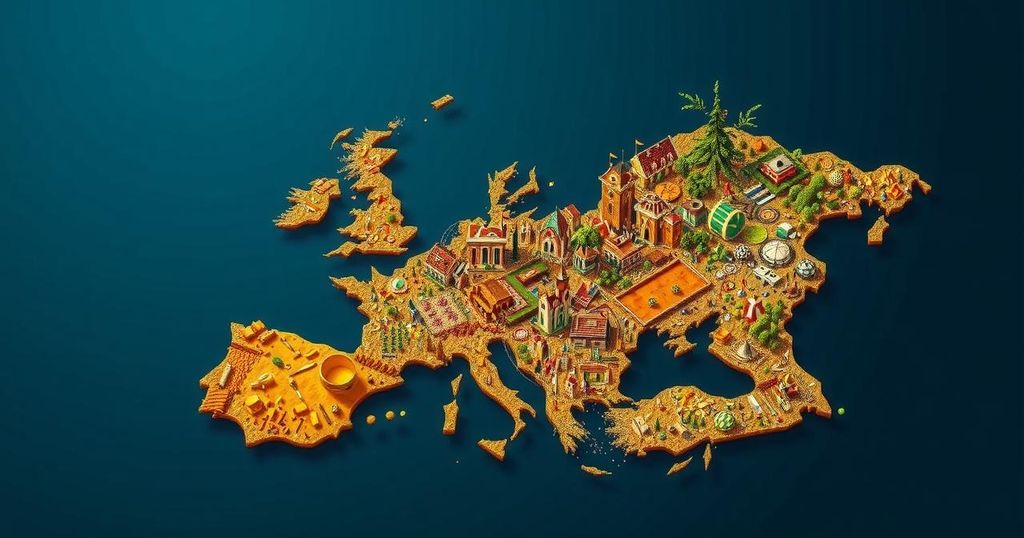COP29 will take place in Baku, Azerbaijan from November 11 to 22, focusing on climate finance for developing nations amidst significant absences of leaders from major economies. This year’s agenda includes critical discussions on funding commitments under the Paris Agreement, with Azerbaijan’s fossil fuel ambitions raising concerns over the conference’s integrity.
COP29, the 29th annual Conference of the Parties to the UN Climate Change Framework Convention, is set to take place in Baku, Azerbaijan from November 11 to November 22. This meeting brings together world leaders to discuss critical climate issues, primarily focusing on funds necessary for developing nations to address climate change and reduce greenhouse gas emissions. However, notable absences of leaders from major economies, such as the United States and China, cast a shadow over the event’s potential progress, further compounded by global distractions such as wars and economic crises. A major agenda item is financing, particularly the commitment made under the Paris Agreement for developed nations to allocate funds to assist developing countries. To achieve timely climate intervention, nations aspire to finalize a new financial target by 2025 that could provide over one trillion dollars annually by 2030 for climate action. However, disagreements persist among countries regarding funding contributions, especially from nations currently classified as developing, including China and Gulf States. Although COP conferences typically begin with robust involvement from major leaders, this year’s absence of influential figures undermines initial momentum. Additionally, Azerbaijan’s plans to expand its gas production raise questions regarding its suitability to host a climate change conference aimed at reducing fossil fuel dependence. Concerns also exist around the nation’s human rights records, heightening skepticism about the motives behind hosting the event. The election victory of Donald Trump, known for his climate skepticism, is expected to have repercussions at COP29, although he will not attend. Experts believe his presidency may hinder critical agreements, despite acknowledging that climate change remains a pressing issue that will endure beyond single administrations. The compounding effects of climate change are evident this year, as increasing temperatures and extreme weather events plague the globe, underscoring the urgency for effective action.
COP29 is a pivotal event in global climate discussions organized annually under the UN framework. It serves as a platform for countries that have ratified the UNFCCC to negotiate and set targets for combating climate change and addressing its impacts. This year’s conference is hosted by Azerbaijan, which raises significant questions regarding its commitment to transitioning away from fossil fuels, even as it seeks to enhance its gas production capabilities. The conference occurs amidst a backdrop of political and economic distractions that threaten to impede meaningful progress in climate action.
In summary, COP29 is poised to address critical issues in climate finance and cooperation among nations. The absence of several key world leaders may hinder the conference’s effectiveness, while Azerbaijan’s dual ambitions in fossil fuel production raise ethical and strategic concerns as it hosts such a significant event. The stakes are high, with financial commitments to developing countries essential for tackling climate consequences. Ultimately, the outcomes of COP29 will play a crucial role in shaping the global response to climate change in the immediate future and beyond.
Original Source: www.bbc.co.uk







